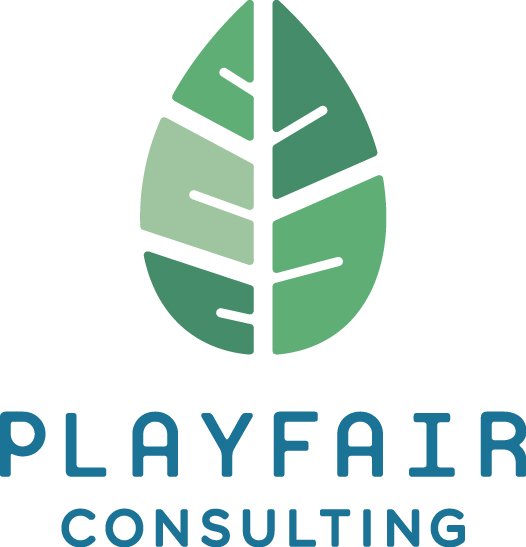Consulting sub-specialists?
From June, 2022
Summer break starts in our district on Friday. My kids are actually sad that school is over for the year and so am I because it means I have to be their camp chauffeur for the next three months. I’ve also had a big surprise the last few weeks: Parents of a kids with OCD want intense summer treatment now that their kids are more available. I’m less available precisely when a ton of people want to start work. This doesn’t pain me from a “business” perspective as my genuine hope is to spend as much time with my kids over the summer as possible. But what does pain me is that there are folks who desperately want treatment who are stuck on waiting lists for months. I want to DO SOMETHING without violating the promise I made to the kids to work less over the summer.
I’ve decided to work over the summer as more of a true specialist. This is a formalized version of a model I’ve tried with success before: Asking clients to stick with their current clinician while I see them occasionally and coach the other therapist on how to support a client with OCD. My goal with this is two fold: Provide support for a client with OCD sooner than I could see them as a full-time therapist and disseminate the knowledge of how to treat OCD to my therapist community.
I have done the first half of this equation for years: Consulting on work/career or OCD issues for a client who wanted to stick with their current therapist as their primary mental health clinician. But I haven’t tried training the other therapist at the same time as me, to support their client in treating OCD on the weeks the client isn’t meeting with me. I hope this is a better version of what I’ve already been doing, and that it helps me do what I can to ameliorate the shortage of OCD specialists in our area.
What do you think of this model? It’s a bit like a very hands-on professional consulting relationship, which I already do a lot of in the traditional “consultation” format.
